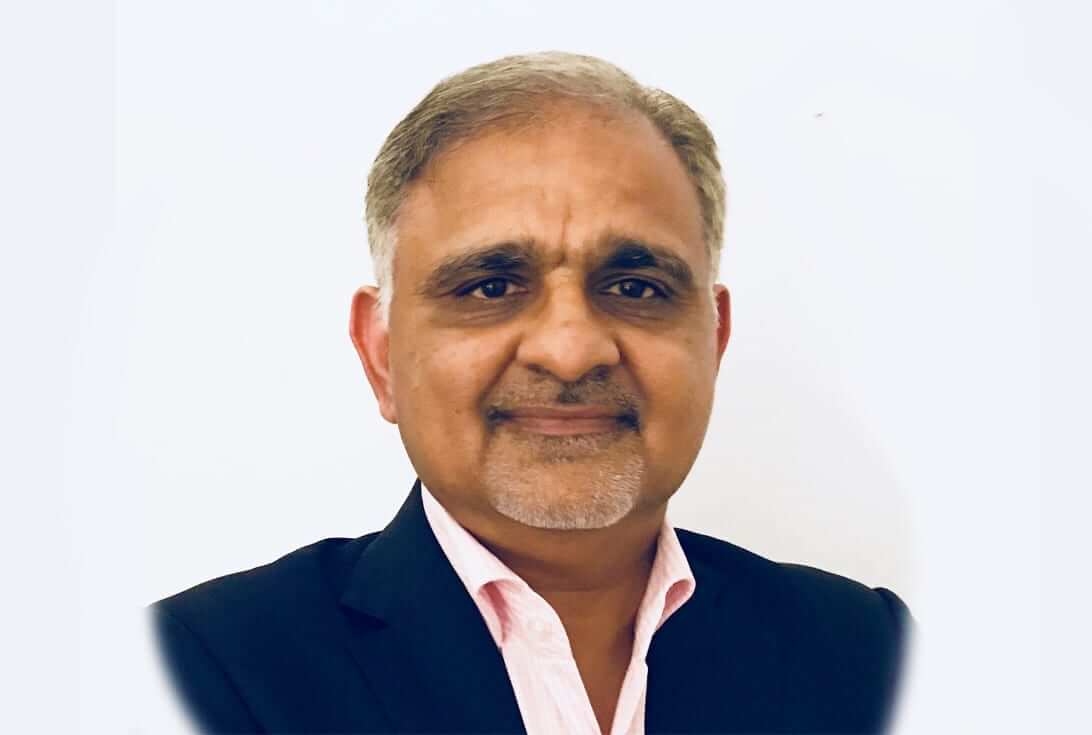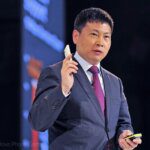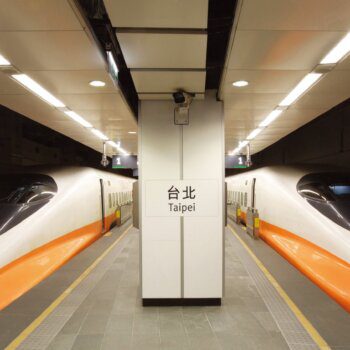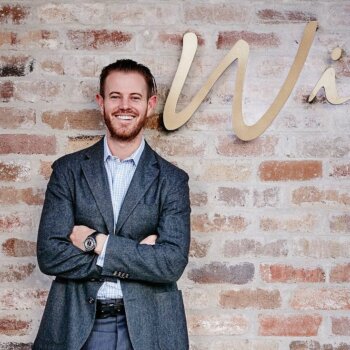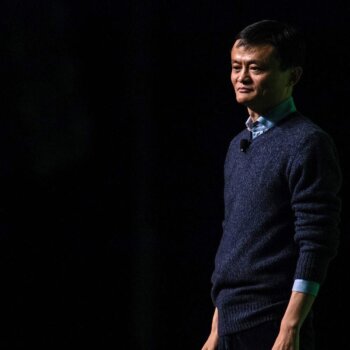Rakesh Bhatia is interested in the disruptors to the finance sector. He describes fintech and the future of finance as the “uberisation of finance.”
What’s your story?
After doing my paces in the banking world across the globe for 28 years, I jumped into entrepreneurship in the amazing and evolving world of “fintech.” A journey from HSBC – one of the largest banks in the world to these small, nimble just born fintech companies who are trying to pave their way to “Unicorns.” My job is to partner and guide them in this aspirational journey. It’s a lot of fun!
What excites you most about your industry?
Fintech is a really exciting industry which is turning everything about finance as we know it on its head. I call it the “uberisation of finance” and it is a one way street which is here to stay. Half the people I meet who are building these companies have never worked in finance before but have a disruptive view on how it can be changed. And you know what, they may be right, and I intend to stick with them to find out how true it is!
What’s your connection to Asia?
I have lived and worked in Asia for all my 54 years except for a few brief stints in London and Bahrain. Asia is home. I have lived and worked in India, Hong Kong, Indonesia and I am now settled in Singapore and covering the region from here.
Favourite city in Asia for business and why?
That is a tough one. I love HK for its energy and vibrancy, Jakarta for its potential and etiquette, Singapore for its focus and professionalism and Mumbai for the endless possibilities.
What’s the best piece of advice you ever received?
As an entrepreneur, you can choose to stay in bed and laze around or give your 110%. It is your choice. Nobody else is there to tell you what to do.
Who inspires you?
I would say Bill Gates and Elon Musk. Bill for his amazing transition to a social entrepreneur of sorts and Elon for dreaming the impossible and making it happen.
What have you just learnt recently that blew you away?
The amazing speed with which the startup ecosystem has grown across the region and the role every player from government to private enterprise is trying to play in it. It is nothing short of a revolution. The world will change because of this trend.
If you had your time again, what would you do differently?
Nothing. If you read Ray Dalio’s latest book – Principles – he talks about the fact that if you are ready to learn from success and failure then each of the incidents and phases will teach you how to become better. So I will take the ups and downs that have come until now. They have made me more complete – but I’m still learning and evolving.
How do you unwind?
Music and sports
Favourite Asian destination for relaxation? Why?
Bali – Island of Gods. When you land in Bali, you know you have come to a calmer place. I want to keep going back.
Everyone in business should read this book:
I preempted the question – Ray Dalio’s book – Principles. It is profound.
Shameless plug for your business
Millennial Financial Health is important – actually very important and also look at Hektor- our app launched in Singapore on IOS and the entire ecosystem we are building around it.
How can people connect with you?
[email protected]
—
This interview is part of the ‘Callum Connect’ series of more than 500 interviews
Callum Laing is an entrepreneur and investor based in Singapore. He has previously started, built and sold half a dozen businesses and is now a Partner at Unity-Group Private Equity and Co-Founder of The Marketing Group PLC. He is the author two best selling books ‘Progressive Partnerships’ and ‘Agglomerate’.
Connect with Callum here:
twitter.com/laingcallum
linkedin.com/in/callumlaing
Download free copies of his books here: www.callumlaing.com
